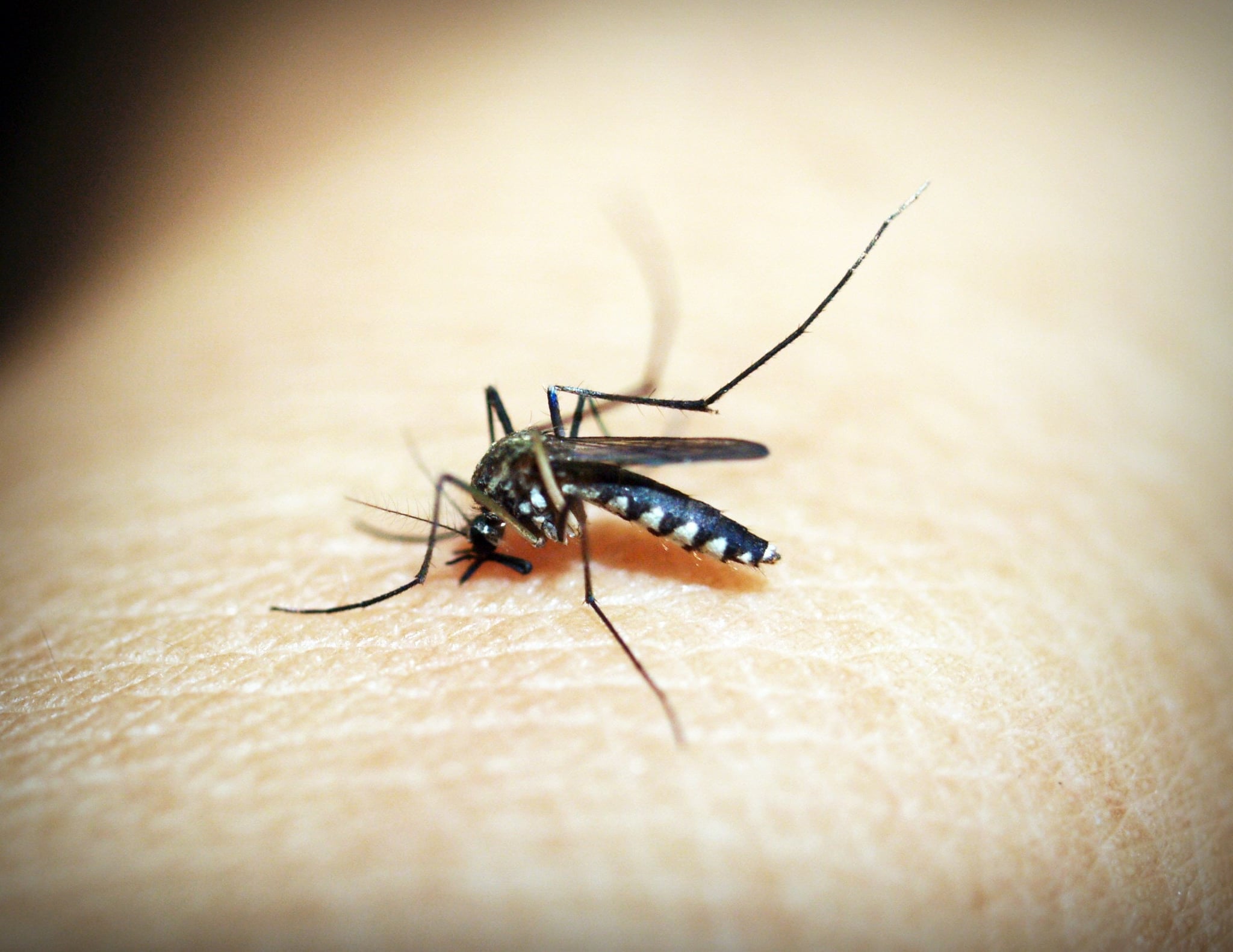
Last week, my daughter came home from an evening barbecue with a lot more than a jar full of fireflies (which, of course, I made her release before bedtime) and some sweet Summer memories [1]. All that twilight bug collecting [2] and outdoor adventuring [3] came with one less-than-fun side effect: about 20 mosquito bites that ran up and down her legs and arms and even across her forehead. Needless to say, we both felt horrible. She was an itchy mess, and I was the mean mommy yelling at her to stop scratching and wishing I had a magic wand to take all those red, swollen bumps away (or at least to go back in time and douse her with some kid-safe bug spray [4]).
Mosquito bites are one of Summer's least-enjoyable side dishes — or are we the main dish for mosquitos? — made even more unfortunate when it's our kids who are the victims of those little blood suckers. If your little ones are covered in bug bites [5] that are making you both miserable, or have been stung or bitten by the season's other main bug culprits — bees, spiders, and ticks — here's how to help [6]. Keep in mind that each child will have a different reaction to bug bites, so be sure to watch for severe allergies or an anaphylactic reaction, which usually begins within 20 minutes after the sting or bite and could include swollen lips or tongue, difficulty swallowing or breathing, hives, and severe itchiness. For general pain and itchiness, however, here's how to cope.
Bee Stings
Bees usually leave behind a stinger attached to a venom sac. Try to remove it as quickly as possible using a scraping motion (credit cards or fingernails work best). Wash the area with soap and water and continue to keep it clean until the skin is healed. Apply an ice pack or a cold, wet washcloth to reduce swelling, and give age-appropriate, doctor-approved acetaminophen or ibuprofen for pain.
Mosquito Bites
If the bites are itchy or painful, apply a hydrocortisone cream or calamine lotion to the area (or try this home remedy [7]). To relieve itching, you can give your child an over-the-counter antihistamine like Children's Benadryl; to relieve pain, try ibuprofen like Children's Tylenol or acetaminophen like Children's Advil, if the medications have been approved by your doctor.
Tick Bites
Check kids for ticks [8] — especially on the scalp, behind the ears, on the neck, and under the arms — each time they've been in or around a wooded area. (Ticks removed within 24 to 48 hours are less likely to transmit diseases like Lyme disease.) If you find a tick on your child, call your doctor (they might want you to save the tick for later identification). Use tweezers to grab the tick at its head or mouth, close to the skin; then pull upward on the tick, without twisting or jerking, until it lets go. Swab the bite with alcohol.
Spider Bites
Wash the area carefully with soap and water, and apply cool compresses to help with pain and swelling. To relieve pain, try ibuprofen like Children's Tylenol or acetaminophen like Children's Advil, if the medications have been approved by your doctor. To protect against infection, apply an antibiotic ointment and keep your child's hands clean. If you have any reason to suspect a bite by a black widow spider (a shiny black body and an orange-red hourglass shape on its underbelly) or a brown recluse spider (a tiny oval brown spider with a small shape like a violin on its back), take your child to the emergency room.
Bite and Sting Prevention Tips
- Avoid areas where mosquitos are likely to congregate, including garbage cans, pools of water (standing water is a mosquito breeding ground), picnics, and gardens.
- Don't let your child go barefoot on grass, and dress them in long-sleeved shirts and pants if you're going to be in an area where mosquitoes can't be avoided.
- Head indoors at dusk, when mosquitoes are most active.
- Depending on your child's age, apply mosquito repellent. Consider a natural bug spray [9], though all products with less than 10 percent DEET are considered to be safe for children six months and older when used as directed.
- Don't let your child drink sugary liquids from cans, bottles, or glasses that have been sitting outside if you've noticed bees, wasps, or hornets nearby.
- If you're in a tick-prone area, avoid woody areas with high grass, and check kids for ticks every few hours.